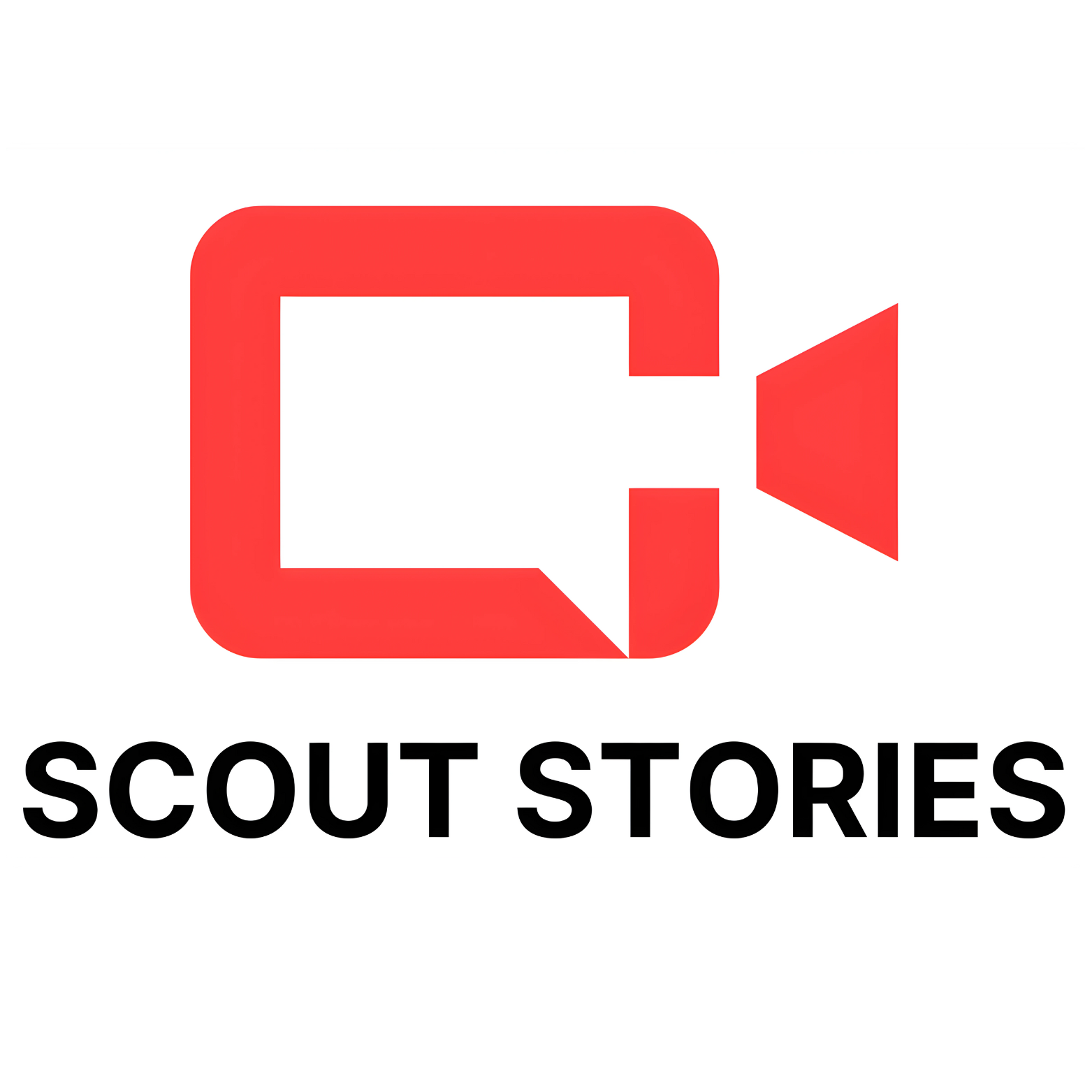The Wandering

It's what I call it when I sit down to write or work and my brain says, "NOPE. Not now." Suddenly, I think it's time to really teach myself how to use that Excel technique I saw in a seminar 3 years ago and clearly haven't used or needed since. Or worse, I start a Netflix binge and start kicking myself for being LAZY.
I thought it was just me. It's not. My mind exploded when I heard Brené Brown describe her need to watch "Law & Order SVU" when she was "supposed" to be working on her book.
In the article for Harvard Business Review "Your Brain Can only Take So Much Focus," Srini Pillay explains:
Using positive constructive daydreaming (PCD): PCD is a type of mind-wandering different from slipping into a daydream or guiltily rehashing worries. When you build it into your day deliberately, it can boost your creativity, strengthen your leadership ability, and also-re-energize the brain.
Cool. So we actually need little doses of PCD to get our creativity on. It's ok! It's helpful! Phew. But is there a way to better navigate The Wandering?
YES! Here are few strategies that help me– that I borrow from others.
Run. Walk. Run.
American Olympian Jeff Galloway is revered for setting running records while racing in the 197os, yet what he's done since created a bigger impact. He's helped more than one million people learn how to run by walking. His training programs show that when you alternating walking and running from the beginning, you speed up recovery without losing any of the endurance. Translation– you can get faster at running by walking.
Writing is the same. There's this myth that one can sit down and the words just pour out on to the screen fluidly. That's not my reality. What's works for me is saying, "I'll write for 30 minutes, and regardless of my progress, I'll take a break for 10 minutes when the timer goes off."
I get up. I walk around. I talk to a colleague or grab a snack. It almost never fails me that when I sit back down, what comes out is better. Our brains need breaks. Sure, if words are flowing faster than William Shakespeare spitting iambic pentameter, go with it. But I find those moments are rare. When I slow down or stop, I gain perspective. Then when I return to the page, there's new potential.
Feedback is Fuel
Asking for feedback is a vulnerable and brave act. It's also one of the best ways to unstuck yourself. Maybe what you're writing isn't working for a good reason. A fresh set of eyes or ears can often find the blockade and help you dismantle it.
There's a reason it works. It's called the SCARF Model– a framework developed in 2008 by David Rock, in his paper "SCARF: A Brain-Based Model for Collaborating With and Influencing Others."
- Status – our relative importance to others.
- Certainty – our ability to predict the future.
- Autonomy – our sense of control over events.
- Relatedness – how safe we feel with others.
- Fairness – how fair we perceive the exchanges between people to be.
Getting feedback from another person helps us fight against and answer questions about all the things that seemingly get in the way. It helps us reinforce what's working and look for solutions to the things that are not. So get some feedback to help fuel you forward.
Treat Yourself
And finally, my favorite– you deserve a treat. It's actually more of a brain trick, but it's proven to work. Our brains are hardwired for reward. If we know we're working towards something, we tend to push through to achieve a goal.
Then when we achieve it, that sweet dopamine kicks in. The happy hormone makes us feel good. It tells our brains and bodies that we are awesome, reinforcing the behavior.
So go ahead. Treat yourself after a little bit of work. You earned it.
Alright. Off to go get some ice cream now.
